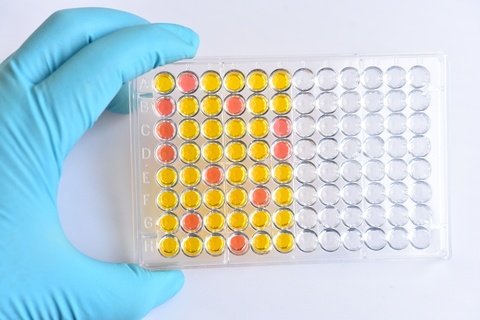New Enzyme Study Highlights a Potential New Mesothelioma Treatment
Maryland researchers say an enzyme in mesothelioma tissues could be key to fighting this deadly cancer. Doctors at the University of Maryland say the enzyme, called Transglutaminase 2 (TG2), plays an important role in the inhibition of RNA synthesis which, in turn, can influence the development and spread of malignant mesothelioma. A New Target for Mesothelioma Therapy? Mesothelioma is a cancer of the lung linings that develops in response to asbestos exposure. Mesothelioma patients have a limited life expectancy. Chemotherapy with or without surgical resection is the standard of care. This poor clinical experience speaks to the need for new treatment strategies. Current mesothelioma treatments do not target cancer stem‐like (MCS) cells. MCS cells are a small part of aggressive…




